Google and Meta Allegedly Struck a Secret Deal to Target Under-18s with Instagram Ads
Google and Meta are facing allegations of a secret deal to promote Instagram by targeting underage users with ads on YouTube. According to a report by the Financial Times, this move potentially violates Google’s own advertising policies, with the ads aimed specifically at users aged 13 to 17.
A striking report by the Financial Times reveals an advertising campaign classified as "unknown," targeting users aged 13 to 17!
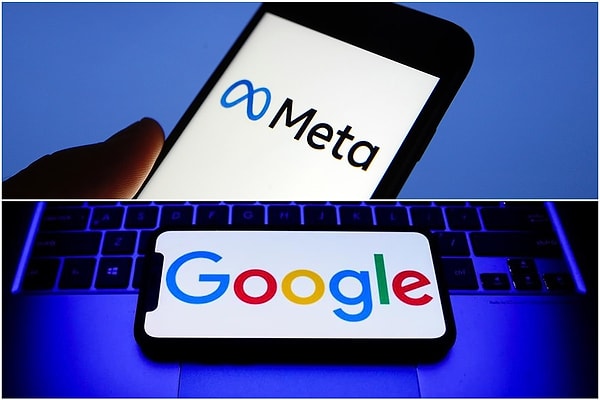
Allegedly, Instagram's advertising campaign is classified as 'unknown' in Google's ad system and generally targets underage users aged 13 to 17 on YouTube.
The report indicates that Google allowed the advertising campaign despite knowing that the "unknown" user category mostly consists of users under the age of 18.
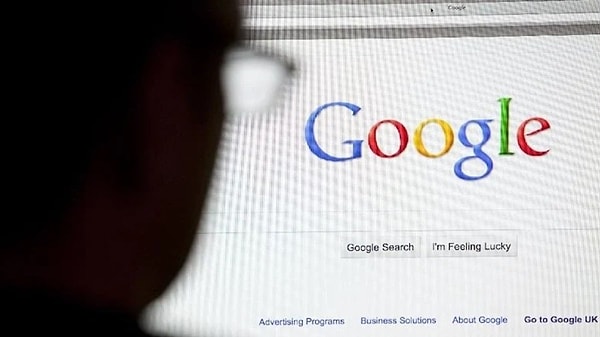
Google defines the 'unknown' category as users whose age, gender, parental status, or household income is not determined.
Are Google and Meta working to prevent young Instagram users from turning to TikTok?
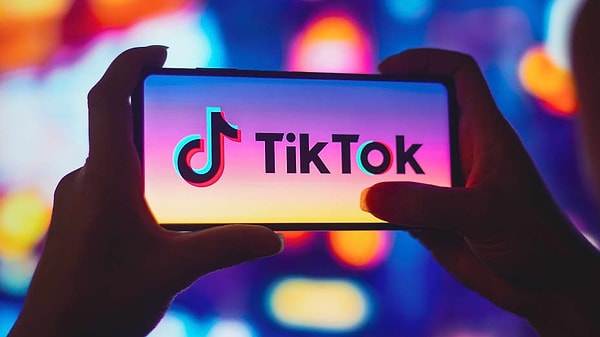
It is believed that Google made this secret agreement to increase its ad revenue. However, the report claims that Google has been implementing this practice since 2021, which would violate its policy of banning ads targeted at users under 18 based on age, gender, or interests. It is also believed that Instagram, which has been losing users to competitors like TikTok, is conducting this effort to win over Generation Z.
In response to the allegations, a Google spokesperson stated,

'We prohibit ads from being personalized for individuals under 18, period. These policies go far beyond what is required and are backed by technical safeguards.' The spokesperson added, 'We have verified that these safeguards are working properly here. We will also take additional measures to reinforce with sales representatives that they should not assist advertisers or agencies in running campaigns that attempt to bypass our policies,' emphasizing their commitment to the issue.
A Meta spokesperson, following company policy, stated that the company is "transparent about marketing our apps to teens as places where they can connect with friends, find community, and explore their interests."
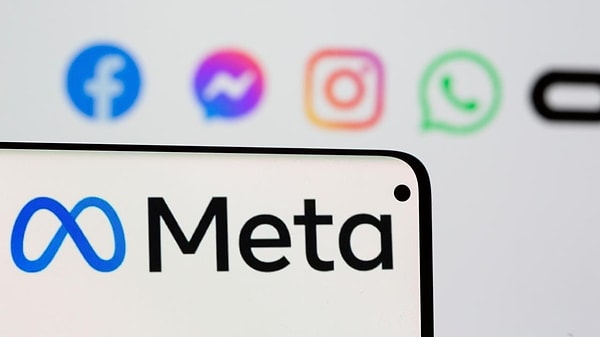
The spokesperson added, 'Google’s 'unknown' targeting option is available to all advertisers, not just Meta, and we have clear principles we follow when marketing our apps to teens on other platforms, including not using information about their interests to target them with ads.'
According to the report, Google and Meta's plan was allegedly devised during a period when members of Congress were questioning Facebook founder Mark Zuckerberg about his company's failure to protect children from online harm.
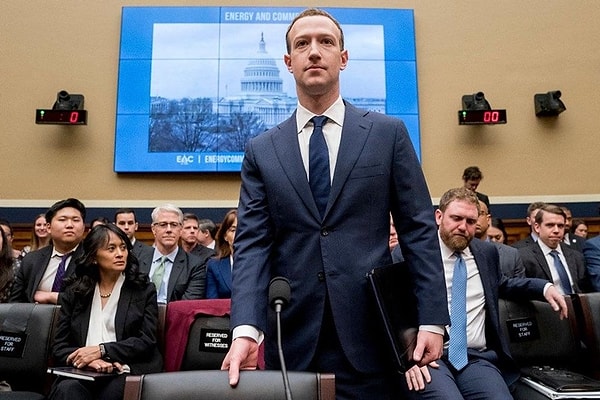
You may recall that in a dramatic hearing in January, Zuckerberg publicly apologized to the families of victims of online child sexual exploitation.
Consequently, this situation has once again brought to the forefront the need for more legal regulations regarding the online safety of children.

As authorities and citizens respond with concern, it is expected that new regulations related to bills and laws will emerge. The state of New Mexico has filed a lawsuit against Meta, accusing the company of failing to protect children from alleged sexual predators.
Keşfet ile ziyaret ettiğin tüm kategorileri tek akışta gör!


Send Comment